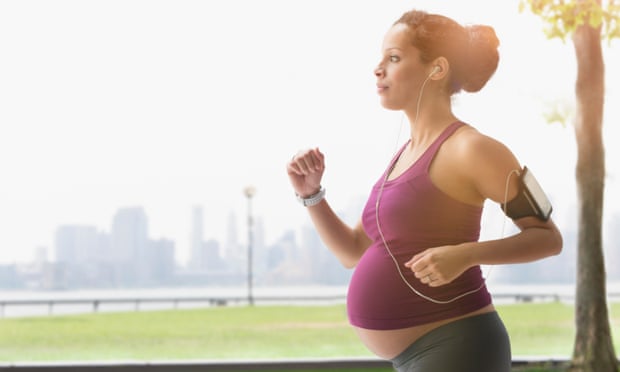Making some simple positive diet and lifestyle changes can help to ensure your body is best prepared for pregnancy. Women entering pregnancy with a healthy weight have a lower risk of pregnancy complications and adverse outcomes compared with women who are underweight or overweight. The Royal College of Obstetricians and Gynaecologists have published a patient information leaflet on Extra weight in pregnancy, which you may find useful.
The amount of weight a woman may gain in pregnancy varies a great deal, and only some of it is due to increased body fat. The unborn baby, placenta, amniotic fluid and increases in maternal blood and fluid volume all contribute to weight gain during pregnancy.
If you are overweight at the beginning of your pregnancy and have a BMI over 35 at booking, you will be offered a referral to our specialist midwives who will support you throughout your pregnancy. Additional weight in pregnancy can increase your risk of developing complications such as Gestational Diabetes and high blood pressure.
Visit the Safer Pregnancy website for helpful information.
Dieting during pregnancy is not recommended. You should aim to eat healthily and remain active throughout your pregnancy.
There is no need to ‘eat for two’ in pregnancy. Energy needs do not change in the first six months of pregnancy. Only in the last three months do a woman’s energy needs increase by around 200 calories per day.
Moderate-intensity physical activity will not harm you or your baby. At least 30 minutes per day of moderate intensity activity is recommended. This can include activities such as swimming or brisk walking. If you have not exercised routinely up to that point, you should begin with no more than three 15-minute sessions a week, increasing gradually to daily 30-minute sessions.
The NHS website has more information about healthy weight in pregnancy

